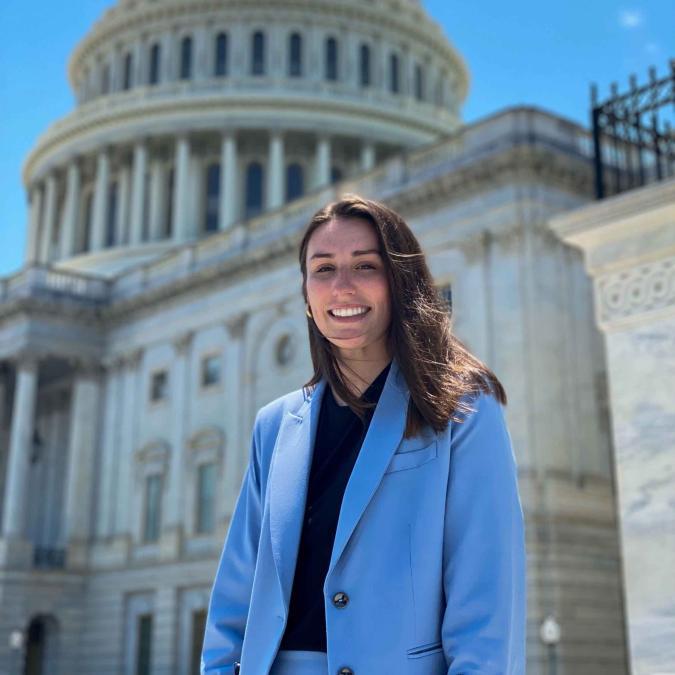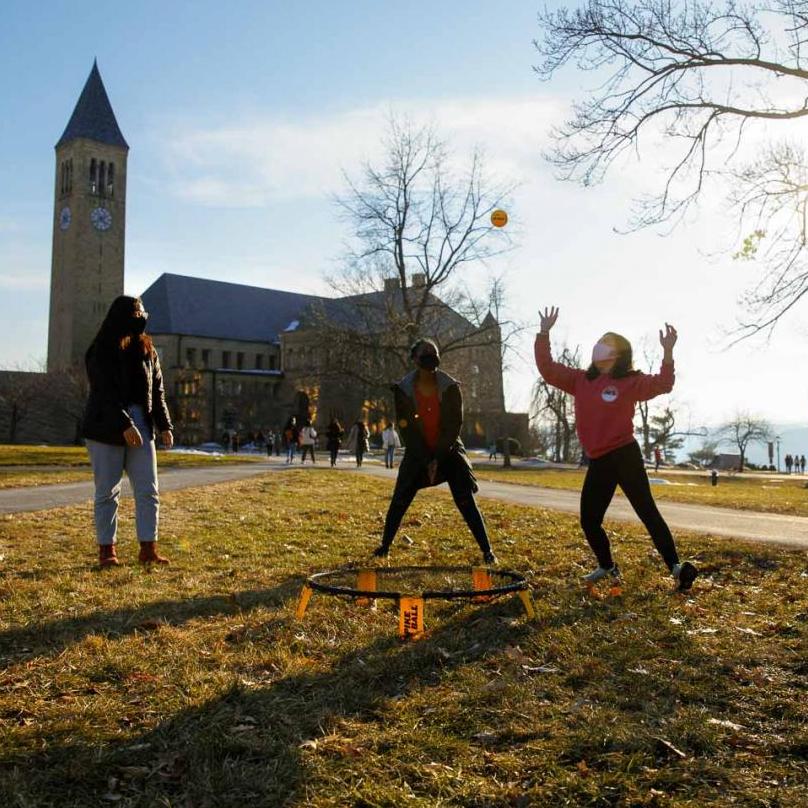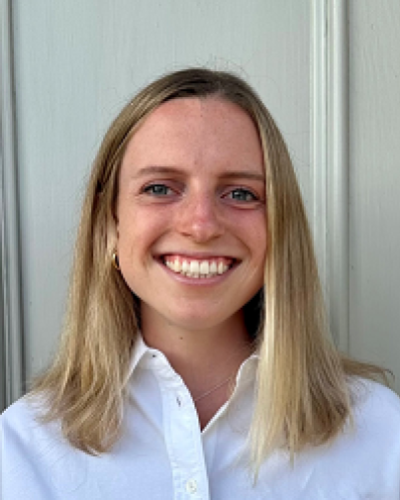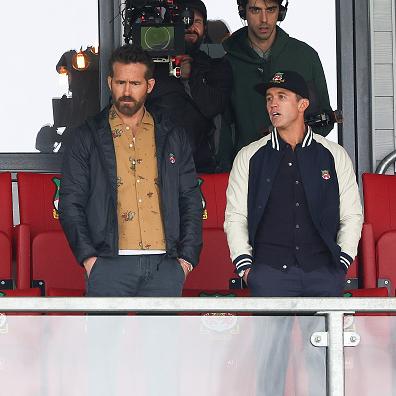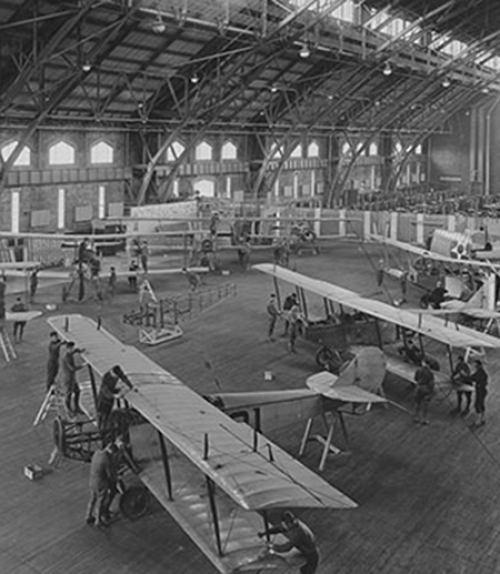Like all other course instructors in the College of Arts and Sciences, Corey Ryan Earle ’07, instructor of The First American University (AMST2001), the popular course about Cornell’s history and unique role, has had to modify his class in the wake of the coronavirus pandemic.
Among other adjustments – like turning the course into a webinar that is now open to up to 1,000 Cornellians each week – a new assignment gives enrolled students the chance to contribute to the Cornell archives by writing about their experiences during this extraordinary time.
“As a historian of the university, I think it’s important that we document events that affect the university,” Earle said. “This is an opportunity for my class to participate in preservation of that history.”
Students may choose to write about their emotions and personal experiences during the coronavirus outbreak. They can also reflect on how various decisions at the national and local levels played out, and whether they agreed or disagreed with those decisions. Prompt questions will also ask students to consider the long-term effects of the worldwide epidemic: How might they see Cornell or the world changing?
Earle and his students are collaborating on this project with the Cornell University archivist, Evan Earle ’02, M.S. ’14 (Corey Earle’s brother) and with the History Center in Tompkins County.
“News is often preserved,” Corey Earle said. “The emotions and thoughts of people aren’t necessarily recorded, so it’s important to get an archive like this.”
Earle, who shares Cornell history and trivia through social media, is also hosting Cornell History Happy Hours during the usual course meeting time—Mondays at 7:30 p.m. EDT—until classes resume on April 6. Three hundred students and alumni tuned in from locations all over the world for the first session on March 16, and the number more than doubled on March 23.
From the March 23 meeting of Cornell History Happy Hour
“I saw an opportunity to build community during a difficult time,” Earle said. “I started teaching my Cornell history course originally to bring people together and create a sense of belonging on campus. My hope is that these sessions keep doing that where people are isolated or unsettled.”
The first session focused on parallels in Cornell history to the current moment—the cancelling of classes and closing of the campus to prevent the spread of coronavirus.
“We talked about the 1903 typhoid epidemic in Ithaca and the 1918 flu epidemic,” Earle said. “And we talked about other disruptions on campus during World War I and World War II, when the academic calendar had to be shifted.”
The March 23 online session lightened the mood, focusing on campus pranks and practical jokes. Discussion of the 1997 appearance of a pumpkin on the pinnacle of McGraw Tower produced lively online chat among participants.

